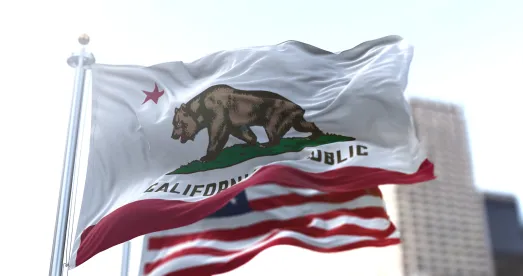Sections 17200 to 17210 of the California Business and Professions Code are commonly referred to as the unfair competition law. Stop Youth Addiction, Inc., v. Lucky Stores, Inc., 17 Cal.4th 553, 558, fn. 2 (1998). The UCL law, however, is not narrowly limited to competition, it defines “unfair competition,” to “include any unlawful, unfair or fraudulent business act or practice.” Cal. Bus. & Prof. Code § 17200 (emphasis added). The voters tempered the broad scope of the law somewhat by approving an initiative measure, Proposition 64, that limited the set of eligible private UCL plaintiffs to those persons who have “suffered injury in fact” and “lost money or property as a result of” the business act or practice at issue.
In 2009, the California Supreme Court held that a membership organization may not base standing to sue on injuries to its members, but only on those to the organization itself. Amalgamated Transit Union, Local 1756, AFL-CIO v. Superior Court, 46 Cal.4th 993, 1003–1004 (2009). Yesterday, the Supreme Court held that the "UCL’s standing requirements are satisfied when an organization, in furtherance of a bona fide, preexisting mission, incurs costs to respond to perceived unfair competition that threatens that mission, so long as those expenditures are independent of costs incurred in UCL litigation or preparations for such litigation". California Med. Ass'n v. Aetna Health of California Inc., 2023 WL 4553703 (Cal. July 17, 2023).
The Supreme Court is likely to encourage membership organizations to pursue injunctive relief against businesses engaged in activities that those organization consider illegal or unfair. These organizations will still face hurdles such as showing that they incurred costs in furtherance of a bona fide, preexisting mission in responding to the allegedly illegal or unfair activities. They will also need to address whether they are bringing an action in a representative capacity. Business & Professions Code Section 17203 mandates that private plaintiffs bringing representative actions comply with class actions procedures and requirements developed under Code of Civil Procedure Section 382. Nonetheless, I think it is a safe bet that there will be an uptick in the number of UCL actions brought by membership organizations.



 />i
/>i

